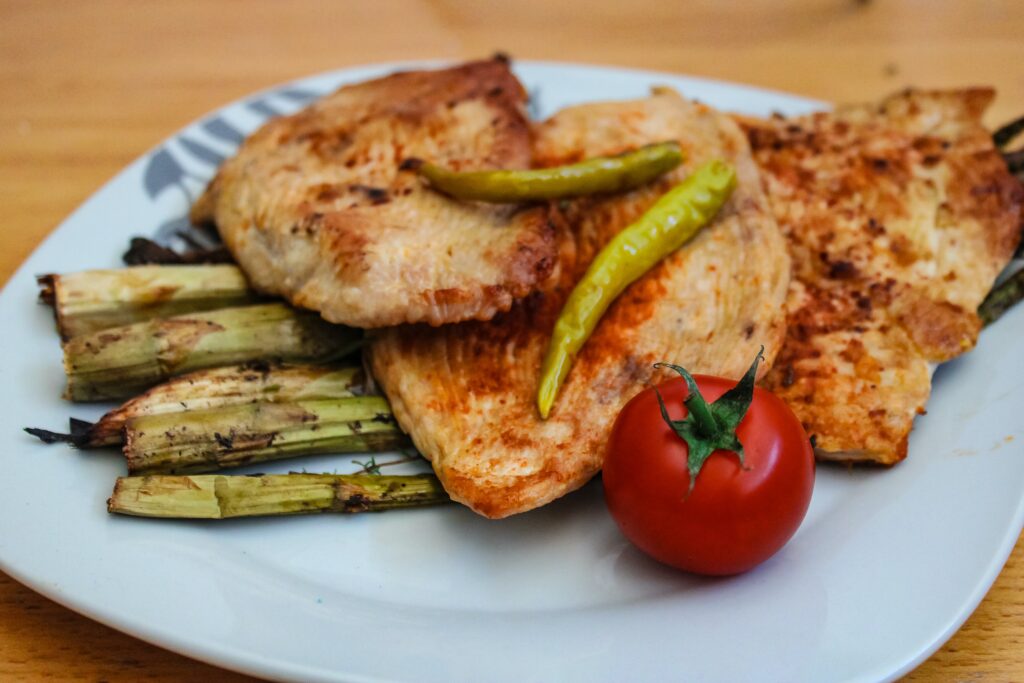SPAIN TRAVEL GUIDE

Here are all our posts with all the information you need to know about Traveling in SPAIN independently: from how to prepare yourself to the best places to visit, top things to do, travel itineraries, and plenty of more practical travel info!
GENERAL INFO ABOUT SPAIN
Spain, officially known as the Kingdom of Spain (Reino de España), is a country located in southwestern Europe on the Iberian Peninsula. Here is some general information about Spain:
- Geography: Spain is the fourth largest country in Europe by land area and shares borders with Portugal to the west, France and Andorra to the northeast, and has extensive coastlines along the Mediterranean Sea to the east and the Atlantic Ocean to the northwest.
- Capital: The capital of Spain is Madrid, which is also the largest city in the country.
- Population: As of my last knowledge update in September 2021, Spain had a population of over 47 million people. The population may have changed since then.
- Official Language: The official language of Spain is Spanish (Castilian). In addition to Spanish, several co-official regional languages are spoken in different autonomous communities, including Catalan, Galician, and Basque.
- Government: Spain is a constitutional monarchy with a parliamentary system of government. The current monarch (as of my last update) is King Felipe VI, who ascended the throne in 2014.
- Currency: The official currency is the Euro (EUR), which replaced the Spanish Peseta (ESP) in 1999.
- Economy: Spain has a diverse and developed economy. Key sectors include tourism, manufacturing, agriculture, and services. It’s known for its automotive industry, fashion, and tourism. However, like many countries, its economy can be subject to fluctuations.
- Cuisine: Spanish cuisine is renowned worldwide, with dishes like paella, tapas, and gazpacho. Each region in Spain has its own culinary traditions, often influenced by the local ingredients and climate.
- Culture: Spain has a rich and diverse cultural heritage. It’s famous for its contributions to art, literature, music, and dance. Prominent Spanish artists include Pablo Picasso and Salvador Dalí. Flamenco is a traditional Andalusian music and dance form known globally.
- Festivals: Spain is known for its vibrant festivals. The most famous of these is the Running of the Bulls (San Fermín) in Pamplona, La Tomatina tomato fight in Buñol, and various Semana Santa (Holy Week) processions.
- Tourism: Spain is one of the world’s top tourist destinations, with attractions ranging from historic cities like Barcelona and Seville to beautiful beaches in the Mediterranean and Atlantic coasts, as well as the historic Camino de Santiago pilgrimage route.
- Sports: Football (soccer) is the most popular sport in Spain, with the country home to some of the world’s most famous clubs like FC Barcelona and Real Madrid. Spain has also been successful in other sports, including basketball, tennis, and cycling.
- History: Spain has a complex and diverse history, with influences from the Romans, Moors, and various European powers. It was once a powerful empire with territories around the world. In the 20th century, it went through a civil war and a long period of dictatorship under Francisco Franco.
BOOK A FLIGHT















